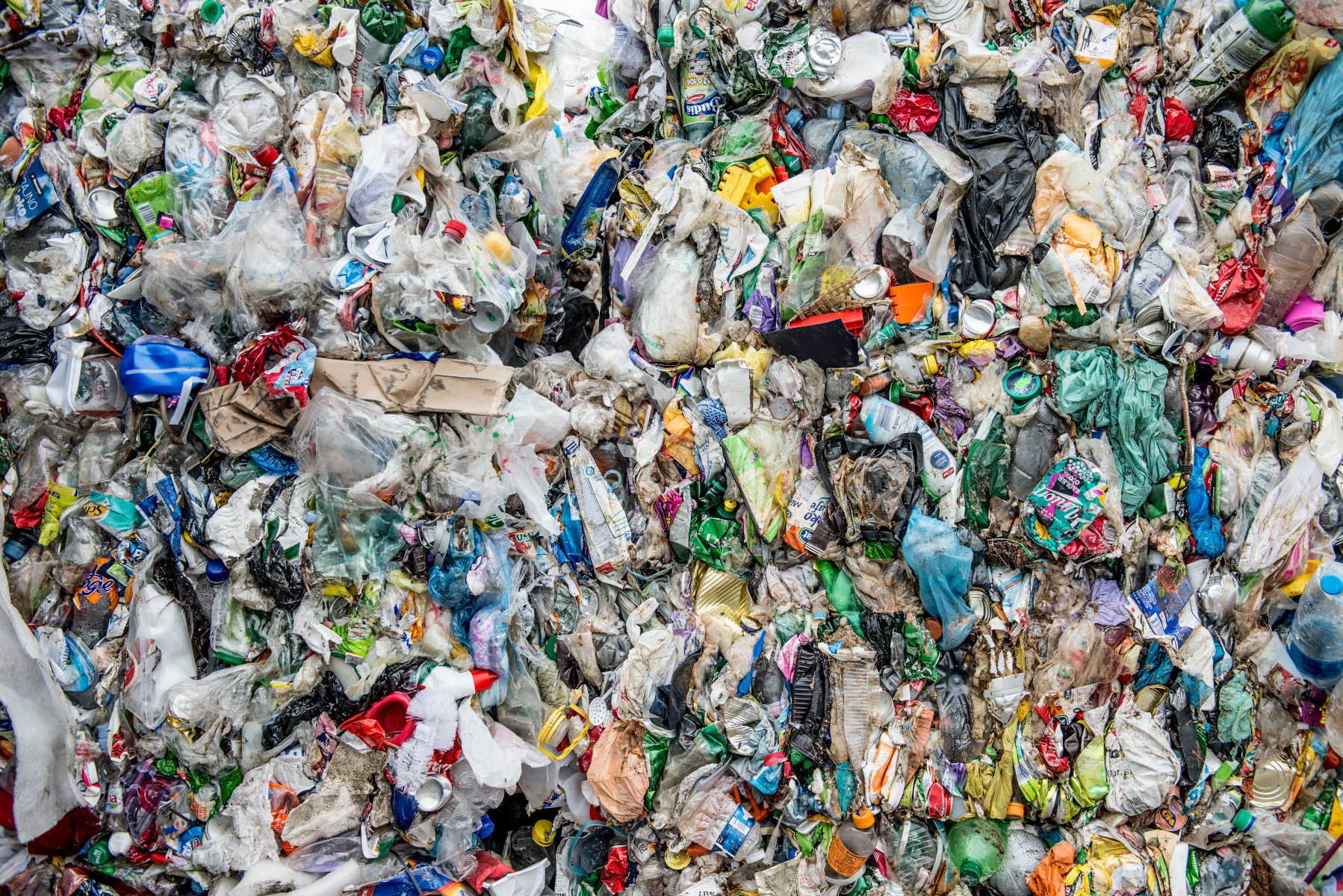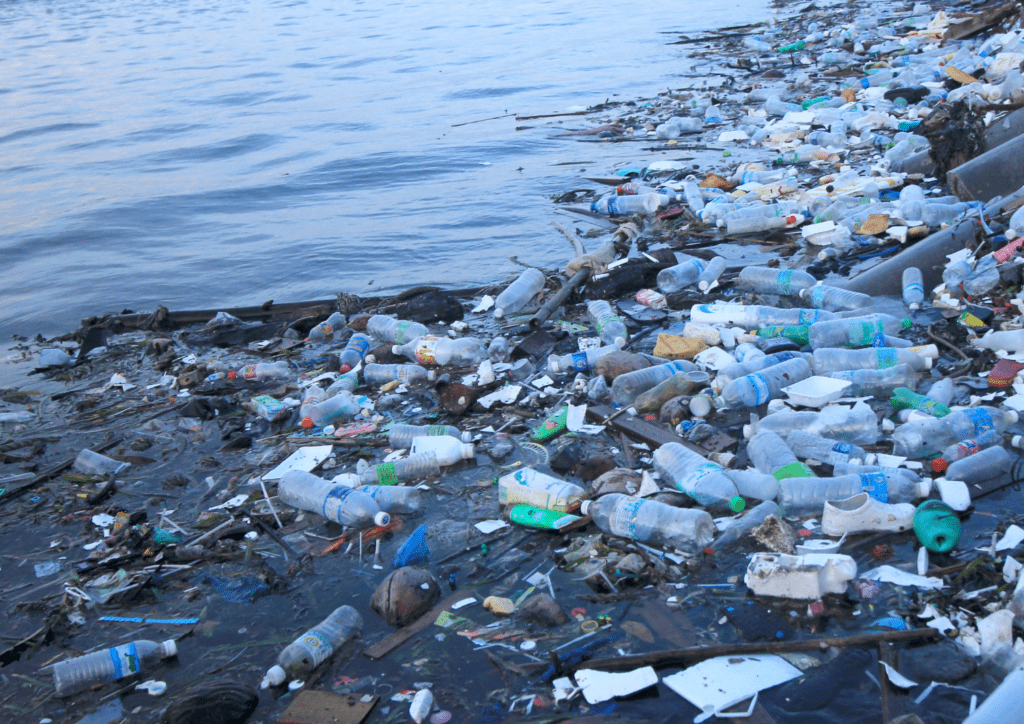The plastics industry is using the Parliamentary standing committee on the environment as a platform to bash the government’s plan to regulate plastics and reduce pollution through the Canadian Environmental Protection Act (CEPA).
The committee is studying the economic and environmental impact of the proposed listing of plastic manufactured items as toxic under CEPA to enable some of them to be banned. It has met twice and heard from 12 witnesses, with the list stacked with industry representatives wringing their hands about the horror of recognizing, in law, what the world already knows: plastics harm the environment and pose a risk to human health.
The truth is that plastic production worldwide is growing at a dizzying pace. Some 400 million tonnes of plastics will be produced this year globally and a staggeringly small amount of it will – and even could – be recycled. About half is designed to be used once and thrown away, making its way into landfills, incinerators and the natural environment, including our rivers, lakes and oceans where it eventually breaks up into microplastics and moves into the food we all eat, the water we drink and the air we breathe.
 Canadian Manufacturers and Exporters, a corporate lobby group, was first out of the gate with a written brief to the committee demanding the government not regulate plastics under CEPA but instead hand money over to the plastics industry for “innovation,” a position echoed by plastics industry lobbyists including the Canada Coalition of Plastics Producers and the Chemistry Industry Association of Canada (CIAC), which has asked Ottawa for a whopping $200 million fund to subsidize plastics producers.
Canadian Manufacturers and Exporters, a corporate lobby group, was first out of the gate with a written brief to the committee demanding the government not regulate plastics under CEPA but instead hand money over to the plastics industry for “innovation,” a position echoed by plastics industry lobbyists including the Canada Coalition of Plastics Producers and the Chemistry Industry Association of Canada (CIAC), which has asked Ottawa for a whopping $200 million fund to subsidize plastics producers.
CIAC’s Elena Mantagaris told the committee on April 12, 2021 that “the issue is not the use of the plastics, it’s the waste management around them.” These groups like to blame municipal garbage services and bad consumer behaviour for the fact that a growing tide of plastic ends up in our air, our water, our soils and our bodies. Instead of regulation, including bans on unnecessary single-use plastics, and polluters paying to address the damage caused by plastics, CIAC wants the provincial and federal governments to double down on recycling. And to pay for it, too.
This is a pattern. Companies and their lobbyists fight regulation tooth and nail, even when it is critical to protect human health and the environment.
Just this week, Canadian Manufacturers and Exporters also came out against public health measures announced in Toronto and Peel Region to stop workplace transmission of COVID-19. The virus has become endemic in low-wage workplaces that don’t offer paid sick days, including farms, factories, food processing and warehouses that employ large numbers of migrant workers and people of colour. Weak provincial measures have done nothing to curb the spread among the workers and their families, with tragic results. Peel and the City of Toronto are taking the extraordinary step of shuttering workplaces for 10 days where five or more workers have tested positive for COVID-19 in a 14-day period.
Again, instead of owning up to their responsibilities — and accepting the costs of protecting human health and the environment — Canadian manufacturers and exporters continue to oppose rules requiring them to pay their workers to stay home when they’re sick and to shutter non-essential workplaces in order to stop the spread of the most dangerous pandemic the world has seen in generations. You can support the call for paid sick days in Ontario here.
It’s obvious we can’t trust industry to clean up its plastic mess without real rules, either.
The time for regulation of plastics is now. If you haven’t yet written the federal government to tell them to get on with it, please do so today.









